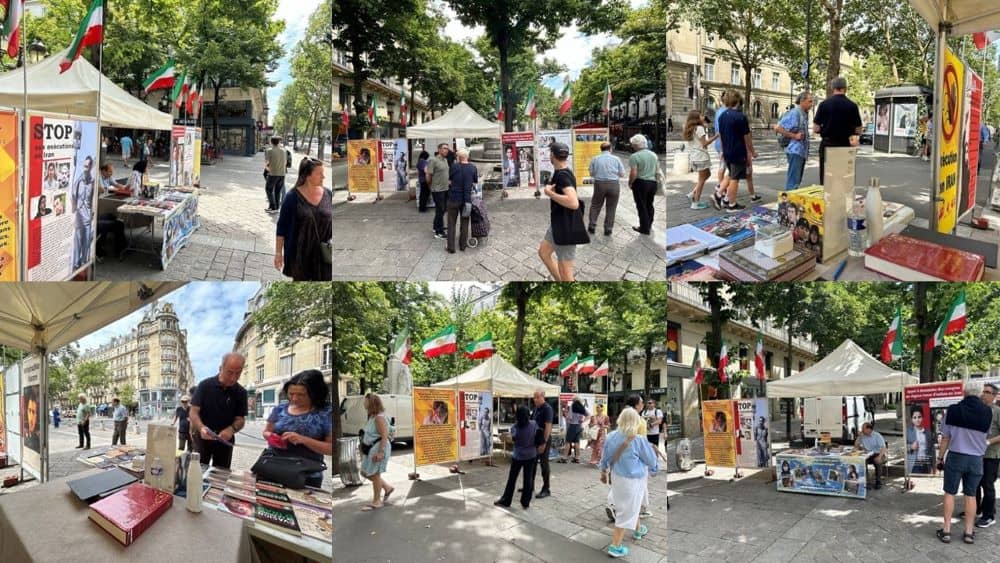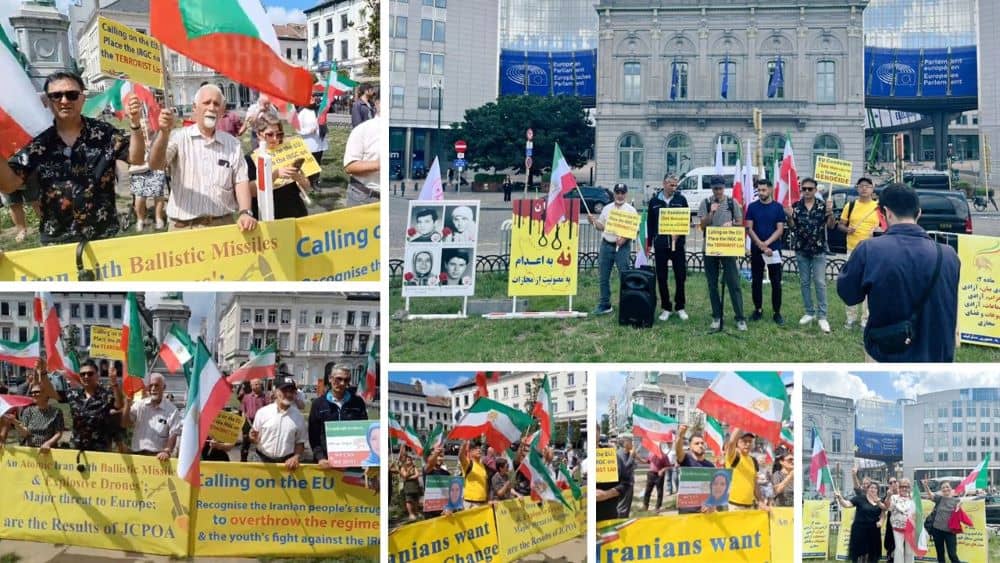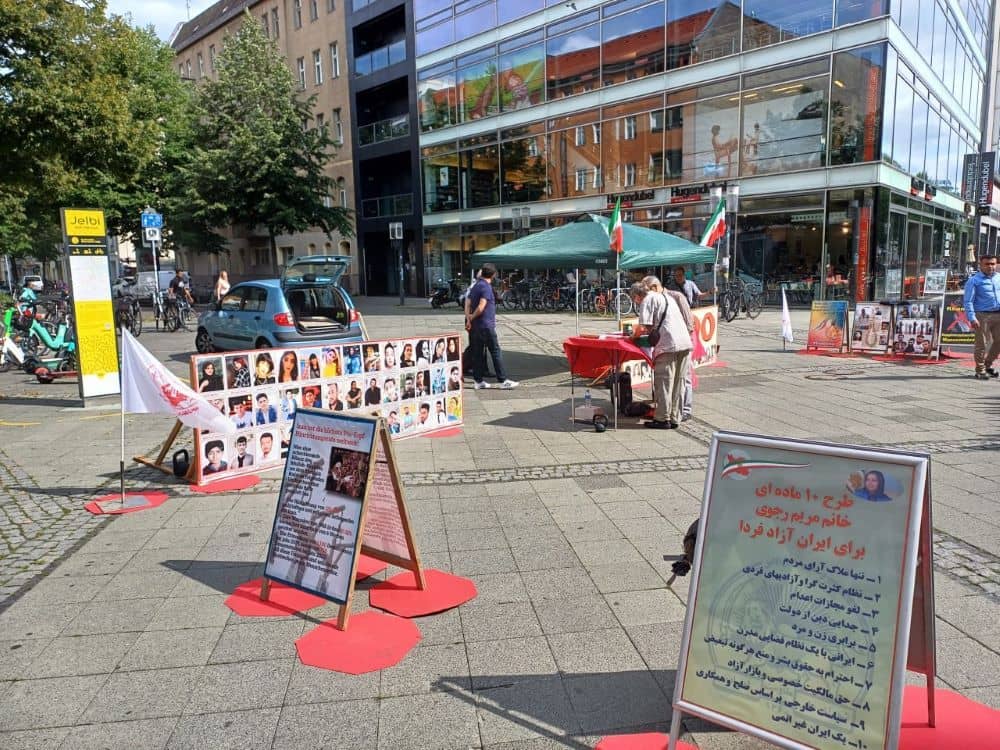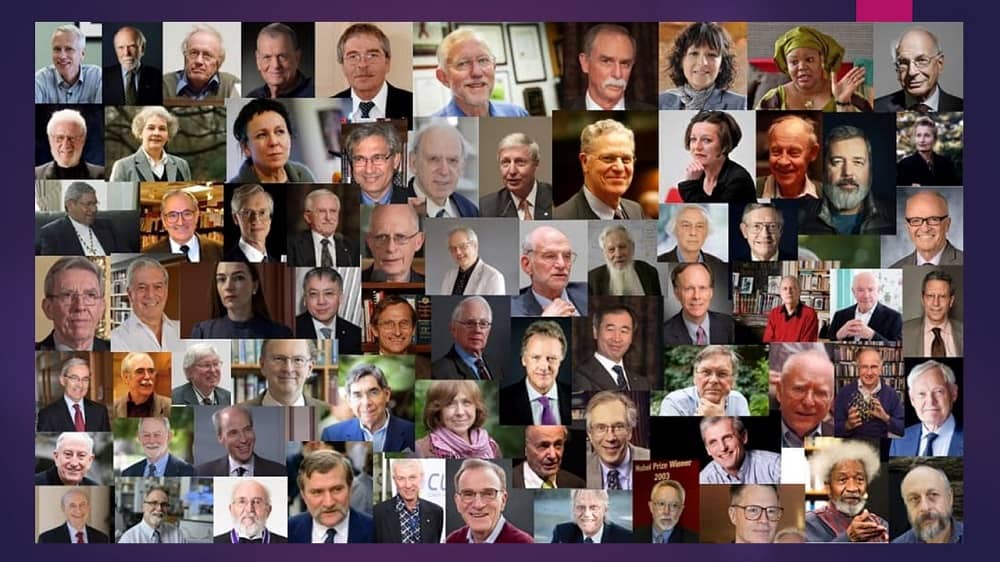
Leaders worldwide have received a joint letter from a group comprising 75 distinguished Nobel laureates, urging them to stand in solidarity with the people of Iran as they strive for democracy and freedom.
The letter serves as a heartfelt expression of profound concern over the deteriorating state of human rights in Iran, where a staggering 80% of the population lives below the poverty line, while the regime relentlessly executes one citizen every six hours.
These Nobel laureates join a global wave of support for the Iranian people’s courageous fight for a democratic uprising, aligning with the voices of 125 former world leaders, a majority of the US House of Representatives, and numerous European parliaments.
The esteemed signatories rally behind Maryam Rajavi‘s Ten-Point Plan, which resonates with the aspirations of the Iranian people—a vision for a secular republic founded on principles of freedom, democracy, universal suffrage, free elections, a market-driven economy, gender, religious, and ethnic equality, a nuclear-free Iran, and a foreign policy rooted in peaceful coexistence.
Notably, the signatories, representing prominent figures from across five continents, stand united in their unwavering support for the Iranian people’s ongoing struggle for freedom and democracy. They commend their four-decade-long resistance, which defies both the ousted dictatorship of the Shah and the current ruling clerics. Moreover, they call upon free nations worldwide to designate the IRGC as a terrorist organization.
The full text of the joint letter and the names of the signatories are as follows:
Joint Letter of the Nobel Laureates
To the World leaders
May 30, 2023
To:
Joe Biden, President of the United States
Charles Michel, President of the European Council
Rishi Sunak, Prime Minister of the United Kingdom
Justin Trudeau, Prime Minister of Canada
Copies to:
Leaders of 27 member states of the European Union
Excellencies,
We, the undersigned Nobel laureates, express our deep concern over the appalling and deteriorating state of human rights in Iran.
In a context where 80% of the population in Iran lives below the poverty line, the current theocratic regime has resorted to a disturbing tactic to quell the ongoing public uprising. In the last month alone, the regime has initiated massive executions, aiming to intimidate and terrify the populace. Shockingly, every six hours, a young man is hanged, resulting in a staggering number of 144 executions in Iran in May, making it the country with the highest number of executions per capita in the world.
But despite such brutality, the people of Iran are determined to pay the heaviest price to achieve freedom and democracy.
For nine months now, the Iranian people have been leading a nationwide uprising for a democratically elected republic. Despite facing a brutal crackdown by the theocratic regime and heavy human casualties – with 750 killed, including at least 70 children, and more than 30,000 arrests – the brave young men and women of Iran have persevered in their quest for democracy, inspiring solidarity from people around the world.
Forty-four years ago, millions of Iranian people rejected the despotic rule of the Shah and its brutal secret police (SAVAK) by participating in mass demonstrations. Today, during the ongoing nationwide protests, they chant “No to Monarchy, No to Theocracy! Yes to Democracy, Equality.”
We, the Nobel Laureates, join the international support for the democratic demands of the Iranian people, including the statement of 109 former world leaders, the majority of the US Congress, and many European parliaments who have welcomed the 10-point plan of Mrs. Maryam Rajavi, the President-elect of the National Council of Resistance of Iran. This plan, which includes the great desire of the Iranian people, calls for universal suffrage, free elections, and a market economy, and advocates gender, religious, and ethnic equality, a foreign policy based on peaceful coexistence, and a non-nuclear Iran.
Also, we join the global demand of blacklisting the Iranian Revolutionary Guards Corps (IRGC) as a terrorist entity by the free world states. The IRGC is the main source of brutality and suppression of the Iranian people and the export of violence to other parts of the world.
Sincerely,
Signatories:
Lech Walesa, President of Poland 1990-1995, Nobel Prize, Peace 1983, Poland
Oscar Arias Sanchez, (President of Costa Rica 2006-2010), Nobel Prize, Peace 1986, Costa Rica
Professor Svetlana Alexievich, Nobel Prize, Literature 2015, Belarus
Professor Harvey J Alter, Nobel Prize, Medicine 2020, USA
Professor Robert Aumann, Nobel Prize, Economics 2018, USA-Israel
Professor Barry C Barish, Nobel Prize, Physics 2017, USA
Professor Georg Bednorz, Noble Prize, Physics 1987, Germany
Carlos Filipe Ximenes Belo, Nobel Prize, Peace 1996, East Timor
Dmitry Buratov, Nobel Prize, Peace 2021, Russia
Professor Emmanuelle Charpentier, Nobel Prize, Chemistry 2020, Germany-France
Professor Thomas Cech, Nobel Prize, Chemistry 1989, USA
Professor Aaron Ciechanover, Nobel Prize, Chemistry 2004, Israel
Professor John Maxwell Coetzee, Nobel Prize, Literature 2003, South Africa
Professor Elias Corey, Nobel Prize, Chemistry 1990, USA
Professor Johann Deisenhofer, Nobel Prize, Chemistry 1988, USA-Germany
Professor Peter Doherty, Nobel Prize, Medicine 1996, Australia
Professor Gerhard Ertl, Nobel Prize, Chemistry 2007, Germany
Professor Jerome Friedman, Nobel Prize, Physics 1990, USA
Professor Joachim Frank, Nobel Prize, Chemistry 2017, USA
Madam Leymah Roberta Gbowee, Nobel Prize, Peace 2011, Liberia
Professor Sheldon Glashow, Nobel prize, Physics 1979, USA
Professor John Lewis Hall, Nobel Prize, Physics 2005, USA
Professor Oliver Hart, Nobel Prize, Economics 2016, USA
Professor Alan Heeger, Nobel prize, Chemistry 2000, USA
Professor Dudley Herschbach, Nobel Prize, Chemistry 1986, USA
Professor Roald Hoffmann, Nobel Prize, Chemistry 1981, USA
Professor Jules Hoffmann, Nobel Prize, Medicine 2011, France
Professor Robert Huber, Nobel Prize, Chemistry, 1988, Germany
Professor Tim Hunt, Nobel Prize, Medicine 2001, UK
Sir Kazuo Ishiguro, Nobel Prize, Literature 2017, UK-Japan
Elfriede Jelinek, Noble prize, Literature 2004, Austria
Professor William Kaelin Jr., Nobel Prize, Medicine 2019, USA
Professor Takaaki Kajita, Nobel Prize, Physics 2015, Japan
Professor Daniel Kahneman, Nobel Prize, Economics 2002, USA-Israel
Professor Wolfgang Ketterle, Nobel Prize, Physics 2001, USA-Germany
Professor Brian Kobilka, Nobel Prize, Chemistry 2012, USA
Professor Roger D. Kornberg, Nobel Prize, Chemistry 2006, USA
Professor Finn Kydland, Nobel Prize, Economics 2004, Norway
Professor Jean-Marie Gustave Le Clézio, Nobel Prize, Literature 2008, France
Professor Anthony Legett, Nobel Prize, Physics 2003, UK-USA
Professor Morio Vargas Llosa, Nobel Prize, Literature 2010, Peru
Professor Eric Maskin, Nobel Prize, Economics 2007, USA
Professor John C. Mather, Nobel Prize, Physics 2006, USA
Oleksandra Matvichuk, Nobel Prize, Peace 2022, Ukraine
Professor Morten P. Meldal, Nobel Prize, Chemistry 2022, Denmark
Professor Michel Mayor, Nobel Prize, Physics 2019, Switzerland
Professor Patrick Modiano, Nobel Prize, Literature 2014, France
Professor Paul Modrich, Nobel Prize, Chemistry 2015, USA
Professor William Moerner, Nobel Prize, Chemistry 2014, USA
Herta Muller, Nobel Prize, Literature 2009, Germany
Professor Christiane Nüsslein-Volhard, Nobel Prize, Medicine 1995, Germany
Professor Orhan Pamuk, Nobel Prize, Literature 2006, Turkey
Professor Christopher Pissarides, Nobel Prize, Economics 2010, UK-Cyprus
Professor John Polanyi, Nobel Prize, Chemistry 1986, Canada
Professor David Politzer, Nobel Prize, Physics 2004, USA
Professor Sir Peter Ratcliffe, Nobel Prize, Medicine 2019, UK
Professor Charles Rice, Nobel Prize, Medicine 2020, USA
Professor Sir Richard J. Roberts, Nobel Prize, Medicine 1993, UK-USA
Professor Michael Rosbash, Nobel Prize, Medicine 2017, USA
Professor Jean-Pierre Sauvage, Nobel Prize, Chemistry 2016, France
Professor Randy Schekman, Nobel Prize, Medicine 2013, USA
Professor Richard Schrock, Nobel Prize, Chemistry 2005, USA
Professor Gregg Semenza, Nobel Prize, Medicine 2019, USA
Professor Vernon Smith, Nobel Prize, Economics 2002, USA
Professor Wole Soyinka, Nobel Prize, Literature 1986, Nigeria
Professor Jack Szostak, Nobel Prize, Medicine 2009, USA
Professor Joseph Taylor, Nobel Prize, Physics 1993, USA
Professor Olga Tokarczuk, Nobel Prize, Literature 2018, Poland
Professor Eric Wieschaus, Nobel Prize, Medicine 1995, USA
Professor David J. Wineland, Nobel Prize, Physics 2012, USA
Professor Robert Wilson, Nobel Prize, Physics 1978, USA
